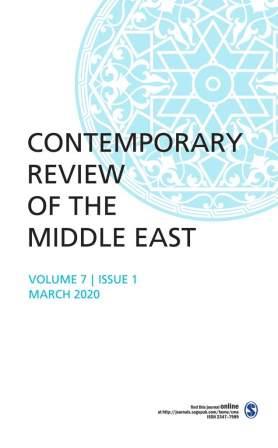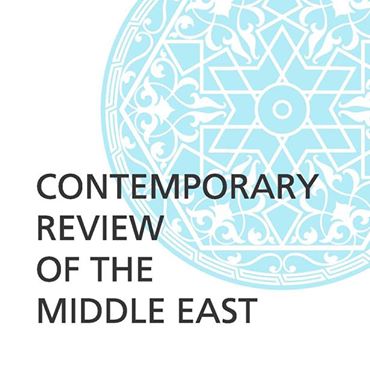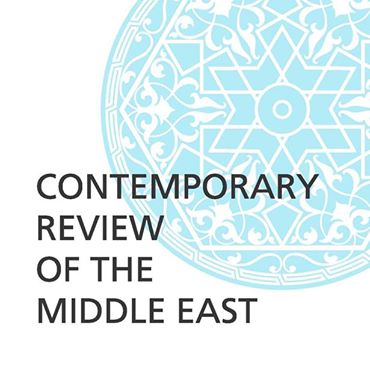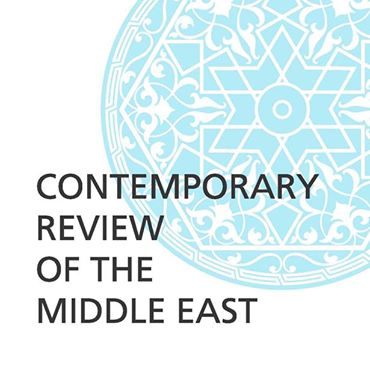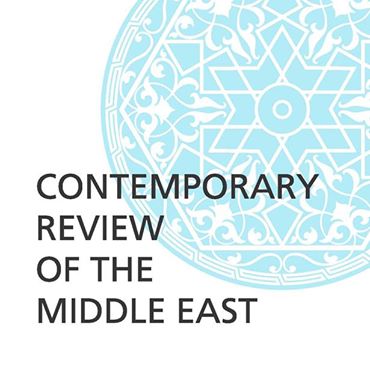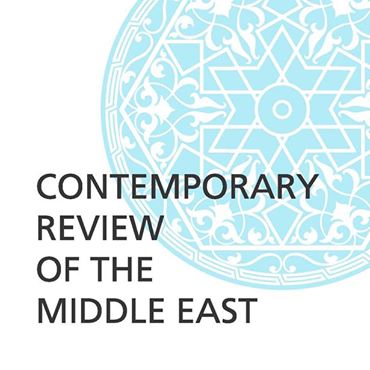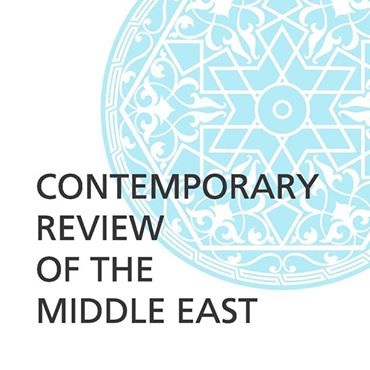Breaking
- MENU
Lorem Ipsum is simply dummy text of the printing and typesetting industry.
https://journals.sagepub.com/toc/cmea/current

Volume 5 Issue 4, December 2018
Table of Contents
1. In Memoriam: Professor M. S. Agwani 1928–2018
By Gulshan Dietl
2. Dateline MEI
By P.R.Kumaraswamy
3. Casting off the Shackles: Re-narrativizing Discrepant Terrains of Memories with Lived Experiences in A. B. Yehoshua’s Facing the Forests
By Anam
The ever-increasing human migration with fast-eroding bonds often leads to development of social clusters which tend to produce stereotypes about other groups of people. One among the many factors responsible for such ghettoization is not ignorance but a version of knowledge that does not take us beyond ourselves. Speaking about the role of writer as “the conscience of the nation,” S. Yizhar, an Israeli writer and politician, says that a writer is a mutation. Literature is one such powerful tool to transcend cultural boundaries which takes us beyond ourselves and reaches to the other side. Holding the case of Israeli–Palestinian contestation as one such manifestation of cultural ghettoization, the article argues for the need to render open the mental borders to move beyond prejudices. Taking A. B. Yehoshua’s Facing the Forests as a point of departure, it highlights the potential of dialog as a powerful antidote to social violence between the two communities of Arabs and Israelis and lays bare its importance in the direction of peaceful coexistence.
4. Iran’s Aid Diplomacy in Afghanistan: The Role of Imam Khomeini Relief Committee
By Abdol Moghset Bani Kamal, Wahabuddin Ra’ees
This study aims at examining the Islamic Republic of Iran’s “aid diplomacy” officially referred to as “support diplomacy” and focuses on the Imam Khomeini Relief Committee (IKRC), a charity organization which is functioning as the main vehicle. The IKRC is highly active in many poor countries and this study focuses on the activities, strategies, and achievements of the IKRC in Afghanistan. The study among others finds that Iran is using rigorous aid diplomacy to penetrate into the downtrodden layers of Afghan society. The foundational principles of the IKRC suggest that this institution is functioning in the direction of Ayatollah Khomeini’s doctrine of “Exporting the Revolution.” In line with this, the IKRC is tasked to nurture Afghan sympathizers for the Islamic Republic of Iran to enhance this country’s soft power in Afghanistan and the relief efforts are heavily influenced by its official ideology that is based on Shia belief system.
5. Islam and the Question of Confessional Religious Identity: The Islamic State, Apostasy, and the Making of a Theology of Violence
By Sanjeev Kumar H. M.
The Islamic State (ISIS) has sought to realign the role of public religion in the modern secular space by proclaiming to contest all forms of apostasy and re-interrogate the conceptual formulations of belief/unbelief in Islam. Through such quests for realignment, it has sought to revive the medieval debate on the question of confessional religious identity which involved definitional disputations concerning true Muslims. The debate surfaced during the formative phase of the Muslim society and led to the engendering of competing sectarian religiosities. For the Islamic State, its urge for reviving this medieval discourse on confessional religious identity of Muslims is embedded in a romantic vision of the abode of pure Islam, to be inhabited only by true Muslims. However, such a geopolitical imaginary is deeply grounded in a sectarian Sunni political ontology coupled with a prejudicial interpretation of jihad. To accomplish its objectives and for enunciating the attributes of the land of pure Islam, the organization has transformed the Qur’an, which is in the intransitive form, into a transitive form so as to theologize the sacred text into a radical instrument of violence. It has also attempted to transfigure the spiritual character of Islam, referred to as the deen (a pluralistic system), into a cult.
6. Transforming Dubai: Oasis to Tourist’s Paradise
By Bikramaditya K. Choudhary, Nian Paul
Owing to fast pace of urbanization and associated development, Dubai rose to global prominence in a matter of a few years. Dubai has transformed its geographical incapacities to phantasmagorical way of living; from building the superlative structures to its magnificent architectural fantasies, to the reconfiguring of a desert into an urban hub of business, logistics, tourism, and retail shopping paradise. In the race to achieve global competence, it has changed its ecological realities into pursuits driven by enigma of capital and desire of hyper-consumerism. The creation of the cityscape paralleled by vanishing natural and cultural spaces of the recent past, retrofitted with global desires like shopping complexes, beach resorts, luxurious hotels, ski clubs, art museums, operas, etc. The article is situated in the context of the urban spatial transformation of Dubai, driven by neoliberal politics and the changing human–nature relationships riding on the accelerating capital circulation.
7. Mixed Messages: Iran versus Saudi Arabia and GCC
By Debbie Abuelghanam, Naser Tahboub
Much has been written about the relationship between Iran and the Gulf states. This relationship, while extremely complex, historic as well as deep rooted, needs to be revisited, especially in the light of the growing discords. This article investigates the contest over the balance of power in the Middle East which is impacted by state interests, foreign policy, ideology, sectarianism, and geography. There are three questions that need to be asked: (a) What role does Iran play in the Gulf region? (b) What is its relationship with the Gulf Cooperation Council (GCC)? and (c) Is there room for the two regional powers (Iran and Saudi Arabia) in the Gulf region? Iran’s role in the Middle East has expanded exponentially by both diplomatic means as well as by proxy and direct interventions. It has become apparent that while once Saudi Arabia controlled the GCC, due to recent events, the regional group has become trivialized. As Saudi Arabia and Iran vie for power, the Gulf is tension-filled and fraught with the possibility of misperceptions and miscalculations.
8. A New Regional Approach toward the Israeli–Palestinian Peace Process
By Sherif A. Eissa
There are two principal reasons behind the lack of success in reaching a final peace agreement between the Israelis and the Palestinians, namely, the malfunctioning negotiations’ framework from one side and the complexity of the negotiated issues from the other. This article is mainly addressing the bilateral framework’s flaws when it comes to the Oslo accords and the way the two negotiating parties have perceived them. It is an attempt to overhaul the existing Oslo peace process and not to create a new one. Oslo process has become entrenched over more than twenty years of different practices and legal realities. The article is also introducing a negotiating framework that combines the benefits of a multilateral regional track to the Oslo process aiming to redress the latent structural flaws. It is intended not to tackle the final status issues, as there is a plethora of literature doing so. The extensive focus on those complicated issues without redressing the process’ structural flaws has led partially to the current stalemate. The role of any mediator or external partner is not to solve those issues on behalf of the principal parties, but to work on the negotiating framework and the process itself.
9. Book Review: Antonio Perra (2017). Kennedy and the Middle East: The Cold War, Israel and Saudi Arabia
By Md. Muddassir Quamar
10. Book Review: Tahia Abdel Nasser (2017). Literary Autobiography and Arab National Struggles
By Hiyem Cheurfa
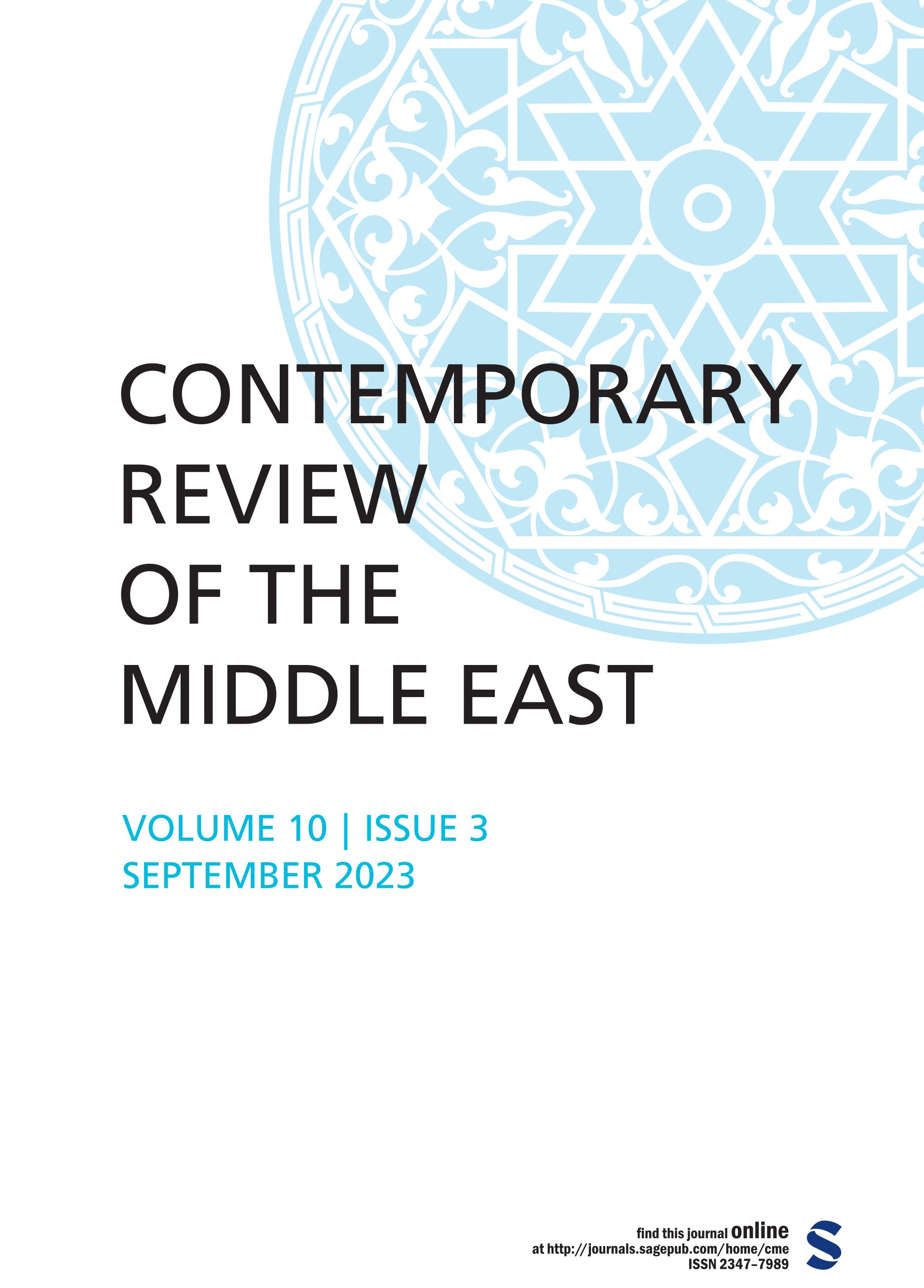
Invented Tradition as a Theoretical Approach Within Iranian Memory Studies: A Review Mohammad
Read More »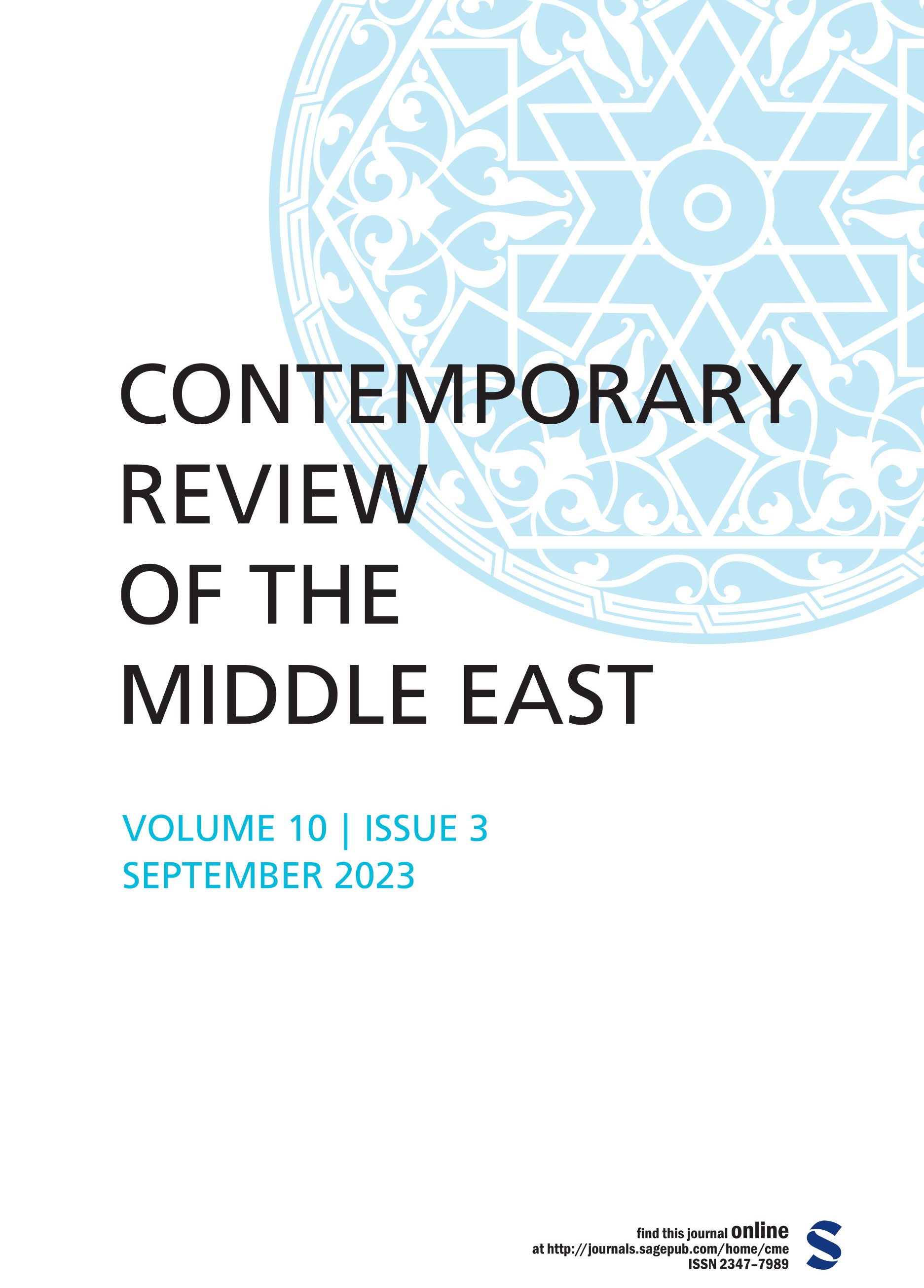
Neo-Ottoman Turk-Scape: Analyzing the Role of Dizis as Türkiye’s Soft Power Mohammad Reyaz and
Read More »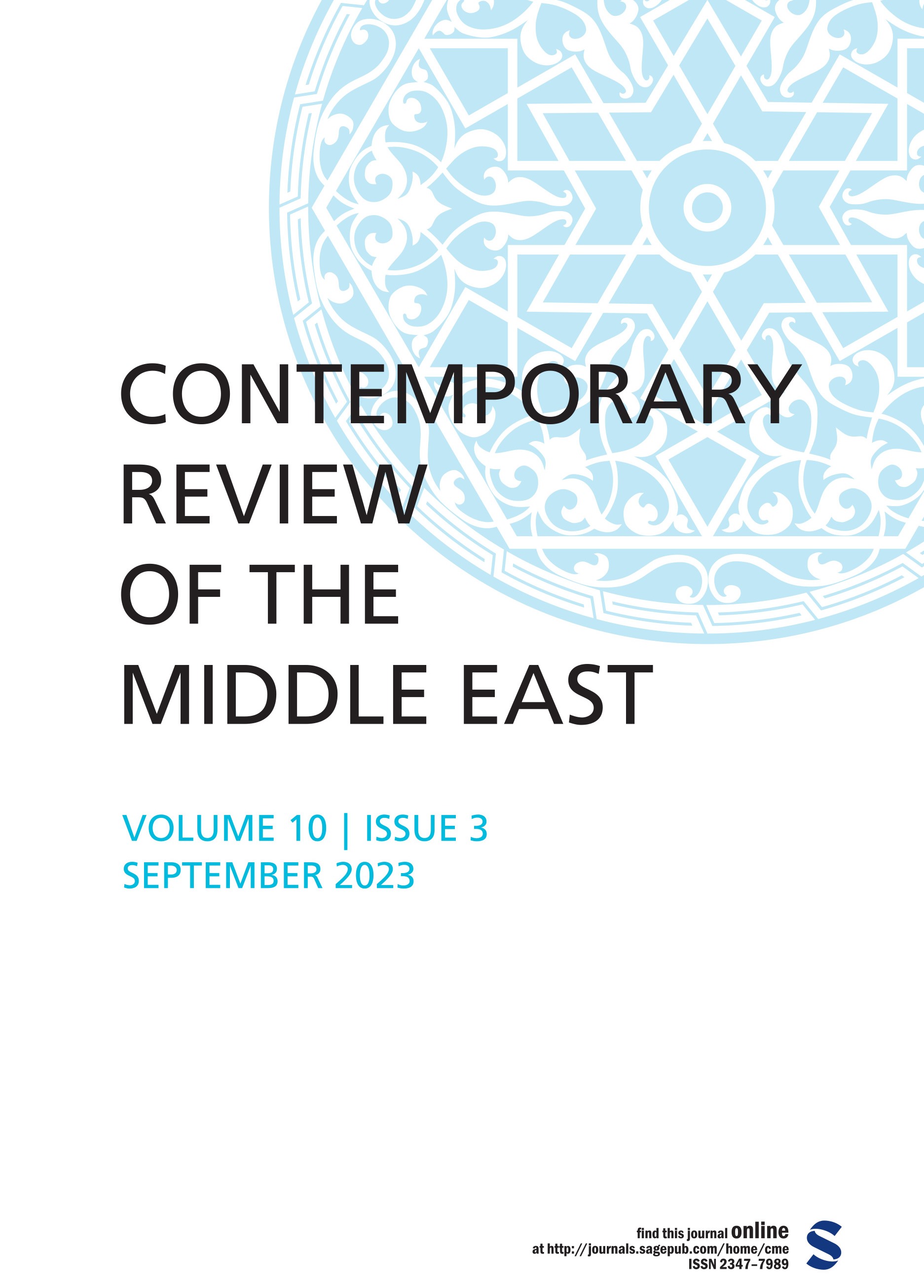
The Relations of Vietnam with the Middle East-North Africa Region: From a Divided State to an Important&
Read More »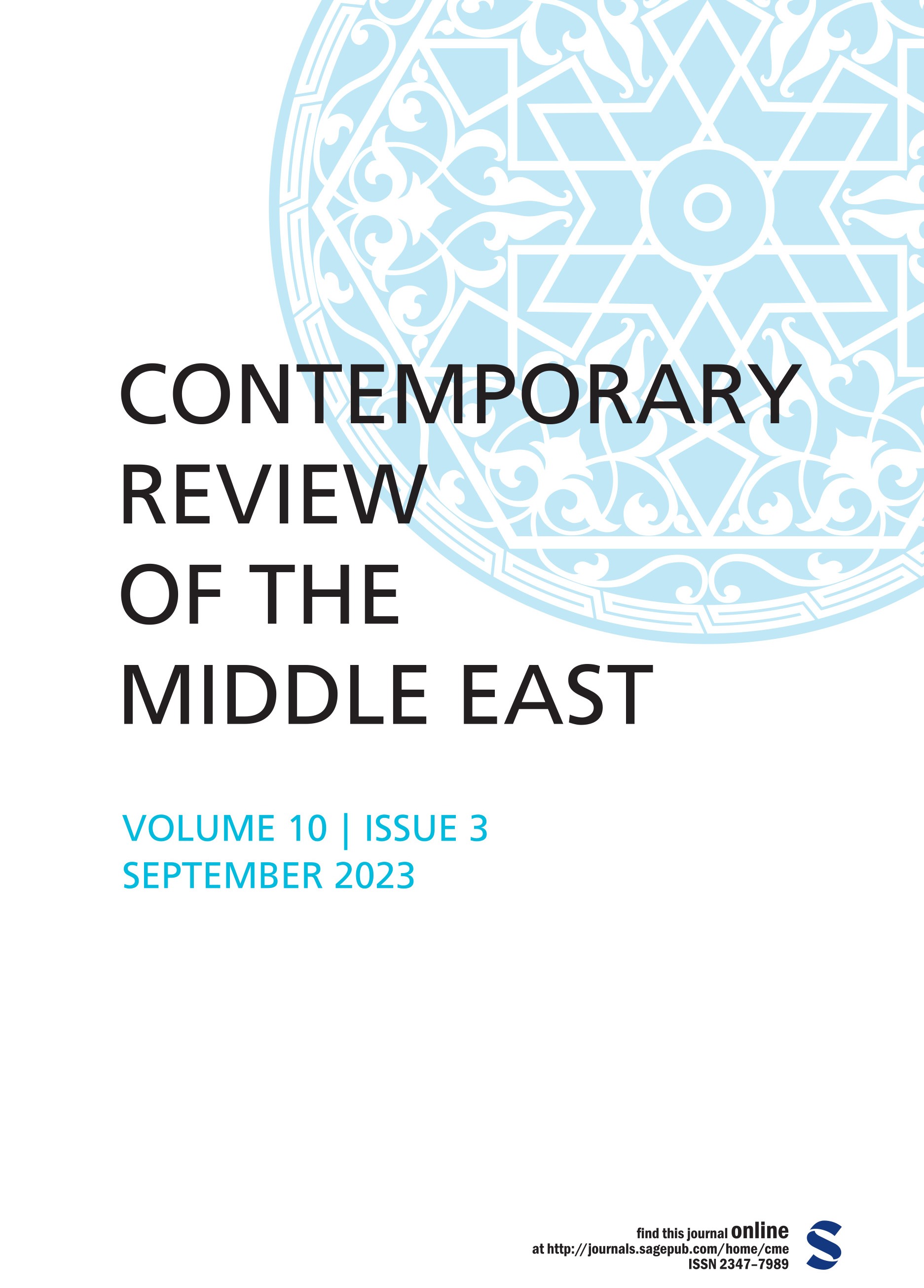
An Analysis of Yemen’s Geostrategic Significance and Saudi-Iranian Competition for Regional Hegemo
Read More »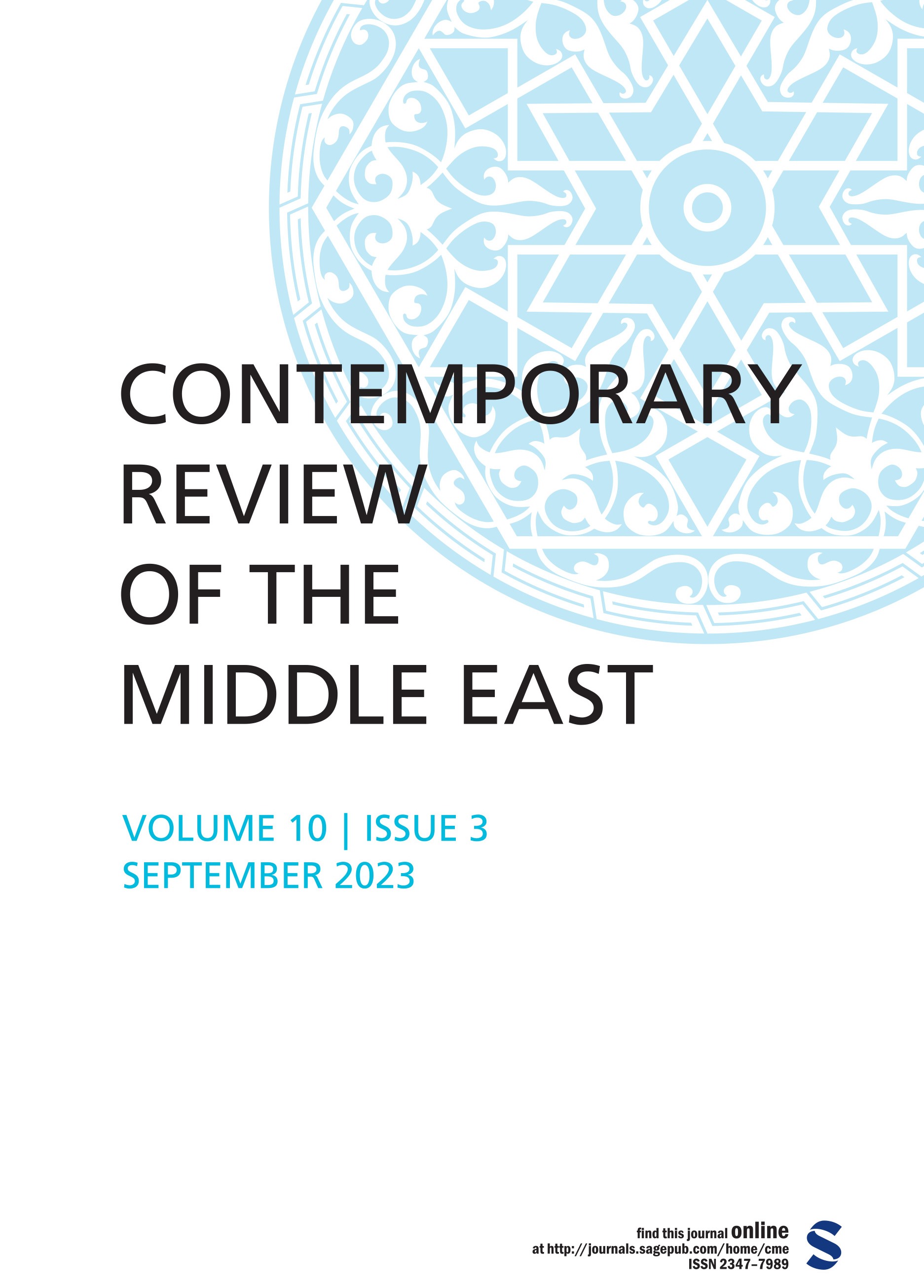
The National Reconciliation Process in Algeria During the Bouteflika’s Era: The Official Narrative Fa
Read More »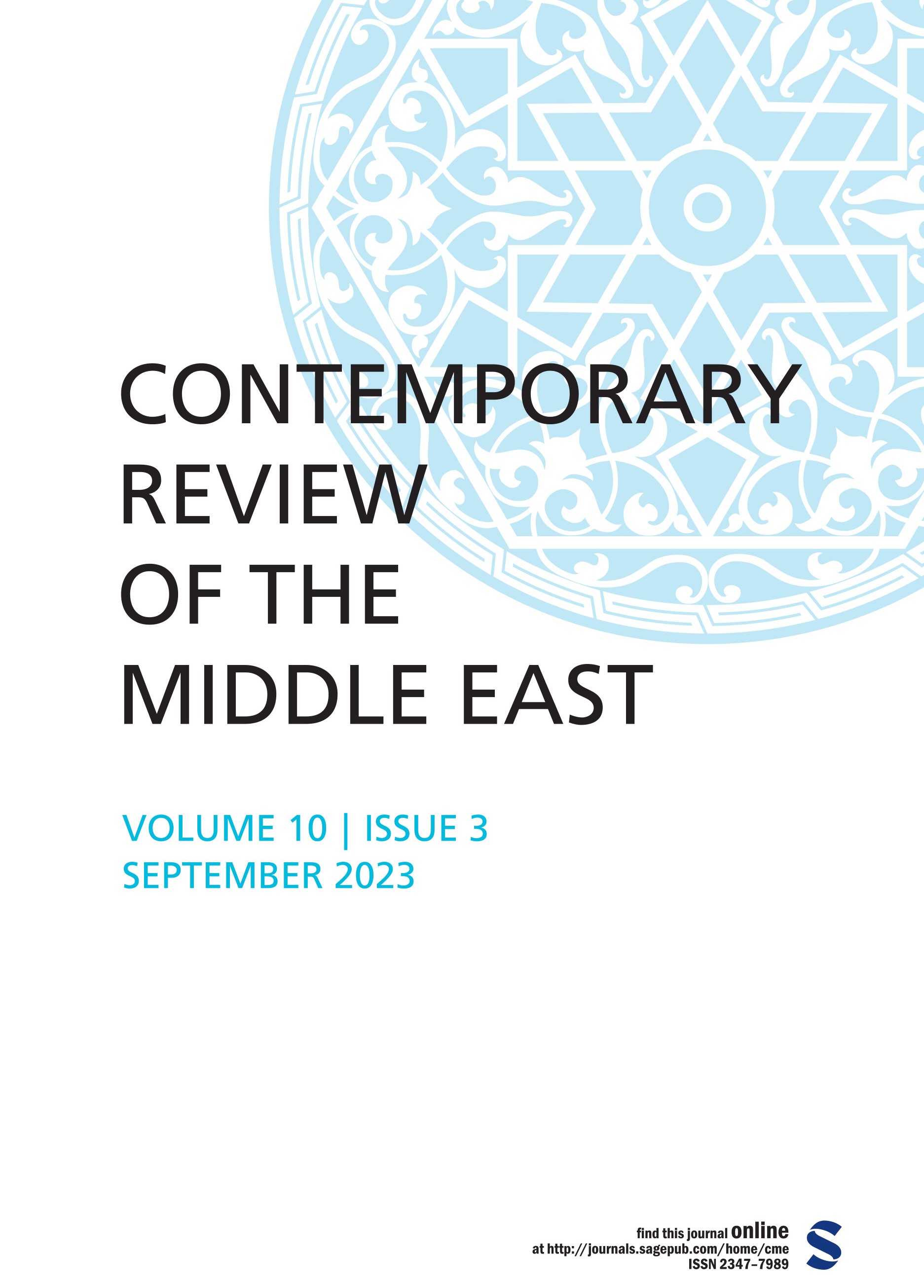
Dateline MEI When Netanyahu Rocks the Israel Boat, Nero Style P. R. Kumaraswamy For the text see: We
Read More ».jpg)
.jpg)
